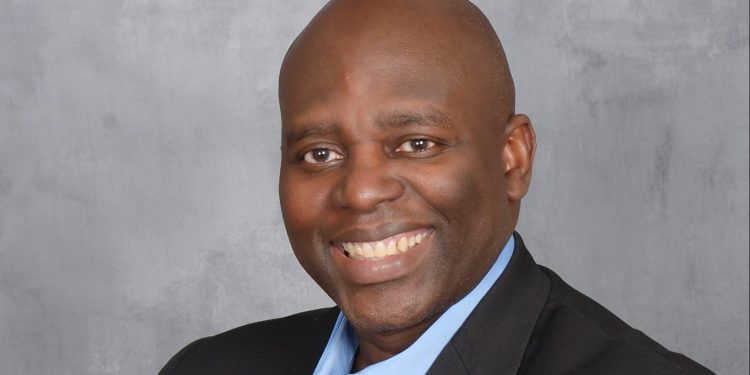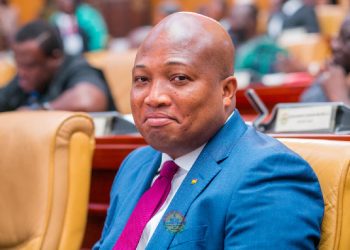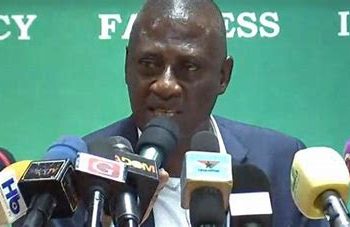Whenever citizens are dissatisfied with their elected leaders you are likely to hear “I cannot wait for the next election.” The next election is the opportunity to punish and, by a consequence, hold elected leaders accountable.
A friend recently wrote this on a media page – “When dealing with this breed of African politicians, whilst I am proponent of elections – I feel elections have lost the vitality of accountability. Everyday citizen activism.”
In response, another friend said “But no one said elections are not the end-all and be-all of politics. Democracy is a tool with multiple facets designed to ensure accountability. Our query should be why ours end with elections. Why do citizens do this when in other places they engage daily?”
I am not sure elections have lost their vitality, but it cannot be the only legitimate option in the accountability toolbox which is why the idea of “everyday citizen activism” is excellent one. This can take many forms – raising issues in public spaces, writing to your elected representative, or protesting.
In both cases though, there is a recognition that citizens have a role to play in holding leaders accountable beyond elections. The issue of concern is why voting appears to be the preferred option in the citizens’ toolbox as compared to other civic options. And even when there is “everyday citizen activism” why do we see more of it in the lead-up to an election and less of it once the election is over?
Insights from the Afrobarometer Survey
The Afrobarometer Survey provides some important points of reflection on this question. First, it appears Ghanaians are still wrestling with who has responsibility for post-election accountability. Why do I say that?
When asked who should make sure that once elected, the president does their job, Ghanaians regularly said voters (2008, 2012, 2014, 2017, 2019,) until the most recent round of the survey where they said it is the job of parliament. The shift in response is intriguing. Are voters suggesting that parliament is in a better position to hold the president accountable post-election than they are?
When asked who should make sure that once elected, members of parliament do their job, Ghanaians on four occasions (2005, 2008, 2014, 2022) said it is the job of the president. On three occasions (2012, 2017, 2019) they said it is the job of voters. If the responses are arranged on a timeline it will look something like this – president (2005, 2008) to voters (2012) to the president (2014) to voters (2017, 2019) to the president (2022) the Ghanaian appears very uncertain whose job it is to hold members of parliament accountable post-elections.
Secondly, our underlying civic habits complicate the uncertainty we feel about who should hold our elected leaders accountable. Over time, the percentage of Ghanaians who say they have joined others to raise an issue has declined from fifty-three percent (53%) in 1999 to thirty-three percent (33%) in 2022. Those who say they have participated in a demonstration or protest march has remained extremely low – eight percent (8%) when the question was first asked in 1999, and five percent (5%) in 2022, the most recent survey. Compare this to our voting habits. In presidential and parliamentary elections average voter turnout over the eight elections held so far in the fourth republic stands at seventy-three percent (73%). Some elections have recorded higher voter turnout than others.
The key point here is that in comparing our civic habits against the backdrop of who we think is responsible for post-election accountability, it comes as no surprise that Ghanaians appear to restrict their role to elections.
Finally, Ghanaians generally feel that their elected representatives do not listen. In 2002, twenty percent (20%) said members of parliament try their best to listen to what ordinary people have to say “sometimes or always”. In 2022, that declined to fourteen percent (14%). Those who feel they “never” listen increased from thirty-four percent (34%) in 2002 to forty-four percent (44%) in 2022.
Glimmers of hope?
In 1999, forty-seven percent (47%) said they will never join others to raise an issue. In 2022, that declined to thirty-one percent (31%). In 2002, those who said they would if they had a chance was twenty-two percent (22%). In 2022, that increased to thirty-six percent (36%).
I believe this is a recognition that there are other tools of post-election accountability that citizens can use such as joining others to raise issues.
There is also the need for citizens to feel like when their voices are raised elected leaders listen. This is why the decision by parliament to establish the Citizen’s Bureau is an important institutional change.
Democracies do not sustain themselves. They require active and engaged citizenship beyond voting in elections.















